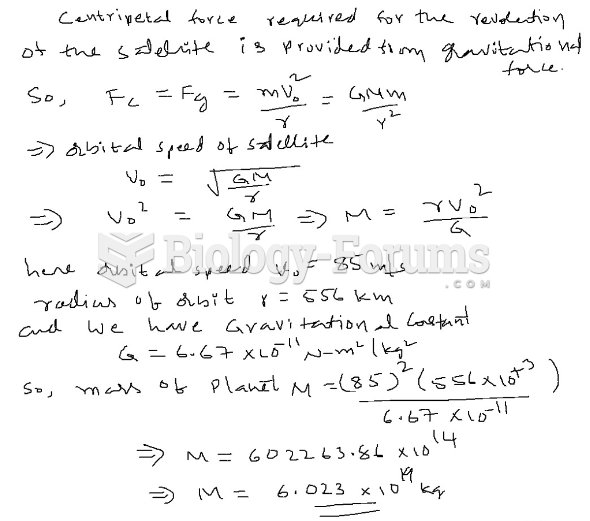Answer to Question 1
Klikas
Answer to Question 2
A search warrant is a written document, signed by a judge or magistrate, authorizing a law enforcement officer to conduct a search. Once a police officer decides that a search warrant is necessary, the officer usually goes back to the station house to prepare the application, affidavit, and warrant. Three alternative procedures are used. In a few jurisdictions, search-warrant applications are prepared by a deputy prosecutor on the basis of information provided by the officer. In other localities and in the federal system, the law enforcement officer prepares all the documentation and then submits them to a prosecutor, who systematically reviews them before they are presented to the magistrate. Regardless of who actually prepares the documentation, the application must provide sufficient information to a neutral judicial officer to determine that there is a fair probability that contraband or evidence of a crime will be found in a particular place (Illinois v. Gates, 1983, p. 238). This information is usually provided in an affidavit, a sworn written statement of facts sworn to before the magistrate. Law enforcement officers must be careful to include all the relevant information on which probable cause may be based in their written affidavits so that a complete record exists for courts to evaluate the magistrate's decision if the warrant is challenged. Only judicial officers who have been specifically authorized to do so may issue search warrants. Next, the applicant must contact a neutral judicial officer to approve the warrant based on the application and the affidavit detailing the facts that establish probable cause. This is traditionally done in person at a courthouse. However, if court is not in session, it may occur at the home of a judge or even by telephone. As the text of the Fourth Amendment makes clear, warrants must describe with particularity the place to be searched and the persons or things to be seized.. This requirement means that warrants should be as detailed as possible. The final step is the execution of the warrant. The officer serves the warrant, conducts the search, and seizes evidence. Regardless of the area or persons to be searched, a few general rules must be followed during the execution of a search warrant. 1). Search warrants must be executed in a timely manner to prevent the information that established probable cause from going stale. 2). The scope of law enforcement activities during the execution of the warrant must be strictly limited to achieving the objectives that are set forth with particularity in the warrant. 3).Search warrants must be executed at a reasonable time of day. 3). Law enforcement officers are generally required to knock-and-announce their presence, authority, and purpose before entering premises to execute a search warrant (Wilson v. Arkansas, 1995). Courts are also concerned with the amount of time it takes law enforcement personnel to perform a search once it is initiated pursuant to a valid warrant. The police may remain on premises only for as long as it is reasonably necessary to conduct the search. Also because of the Fourth Amendment's reasonableness requirement, officers executing a search warrant must be careful to use only a reasonable amount of force when conducting a search, such a breaking down a door. After a search is completed, statutory law generally requires that the officer file a return in court, indicating what items were seized, if any. Courts generally hold that these post-search duties are ministerial acts. Thus, a failure to perform them will usually not result in suppression of any evidence.







